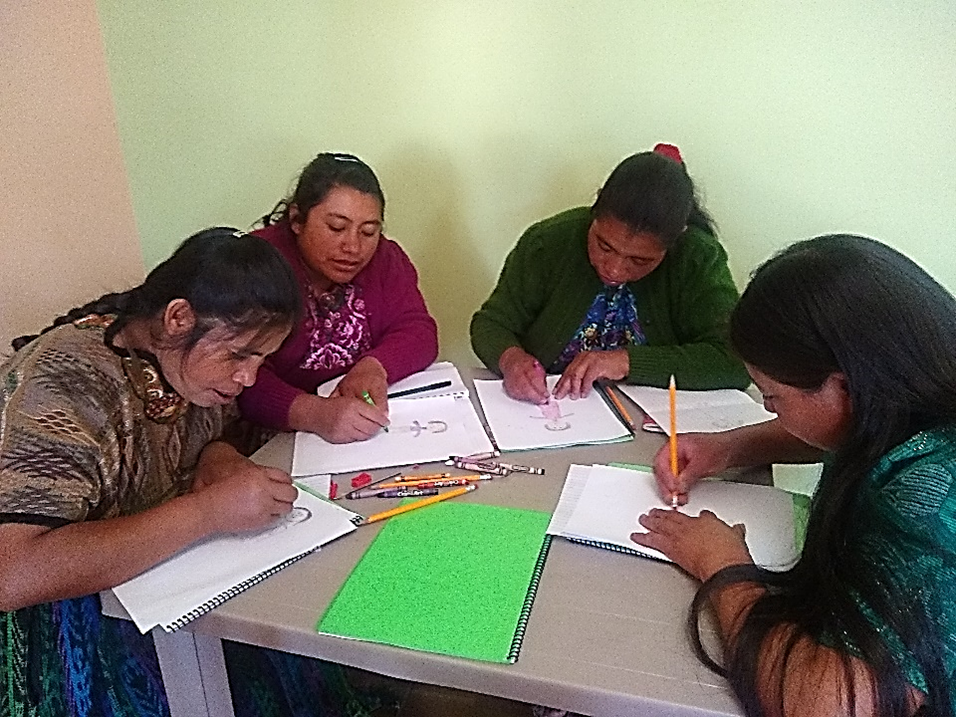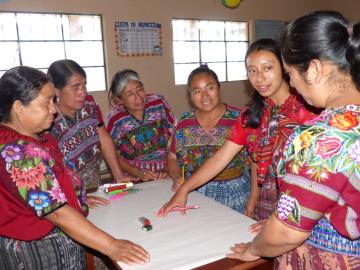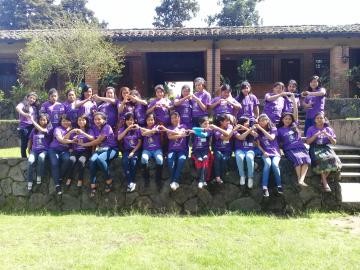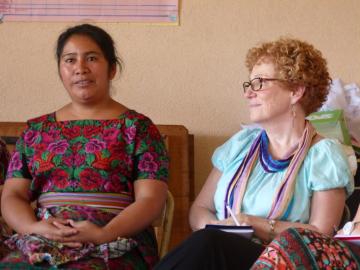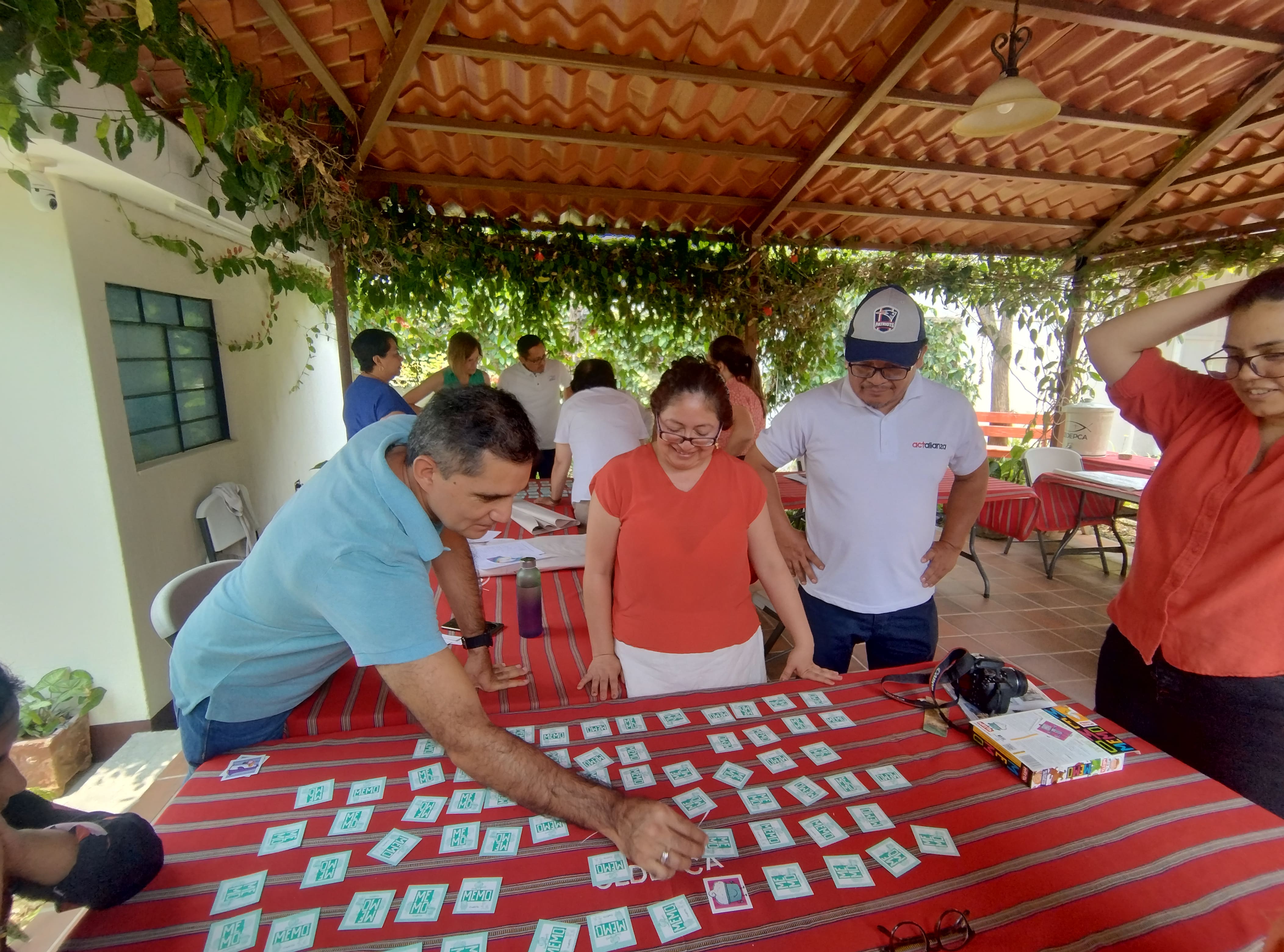During the 1960s, several sectors of the evangelical churches in Latin America began to be concerned about the deep social crisis the continent was experiencing. They asked themselves how they could be faithful to Jesus Christ in a continent where the majority of the population suffered impoverishment and social exclusion. At the same time, several efforts toward interdenominational collaboration were underway. Evangelism in Depth, one of these interdenominational movements, sought to carry out forms of evangelization relevant to the context by mobilizing the entire membership of the churches.
At the beginning of the 1970s, some leaders of Evangelism in Depth, together with some students from the Latin American Biblical Seminary, reflected on the achievements and weaknesses of the movement. The evangelical churches had grown, but there were no visible improvements in the living conditions of the communities. These leaders recognized the need to reflect theologically in the search for a new model of church capable of promoting a transformative missional practice. Thus was born the Latin American Evangelical Center for Pastoral Studies (CELEP) under the initial leadership of Orlando Costas.
CELEP took part of its inspiration from the pastoral renewal movement in the Roman Catholic Church. This movement defined pastoral action as the organized actions undertaken by the church in carrying out the mission of God. This missional action is the task of the entire church. Pastoral agents such as pastors and other leaders should serve as facilitators of the pastoral actions of the church.
CELEP, through training and research focused on men and women in the churches, offered a contextualized missional vision that was:
- Biblical – fed by the rereading of the Bible within and from the Latin American context.
- Evangelical – rooted in the Gospel, the good news of God’s love for the world through Jesus Christ, and founded in the Christian traditions that came out of the Protestant Reformation of the sixteenth century and passed through the missionary experience in Latin America.
- Evangelistic – committed, as a product of Evangelism in Depth, to the mobilization of the whole church in the task of sharing the good news in holistic ways.
- Ecumenical – open not only to people from other Christian traditions but also committed to the whole oikomene, the church of Jesus Christ around the world.
- Latin American – identified with the struggles and hopes of the peoples of the continent, especially marginalized groups.
In September of 1985, the Central Americans who participated in this initiative opened a semi-autonomous office named Cedepca, the Evangelical Center for Pastoral Studies in Central America. Similar regional initiatives had been established in Mexico, Brazil and the Andean region. In 1998, the regional organization, CELEP, was absorbed by the regional offices.

